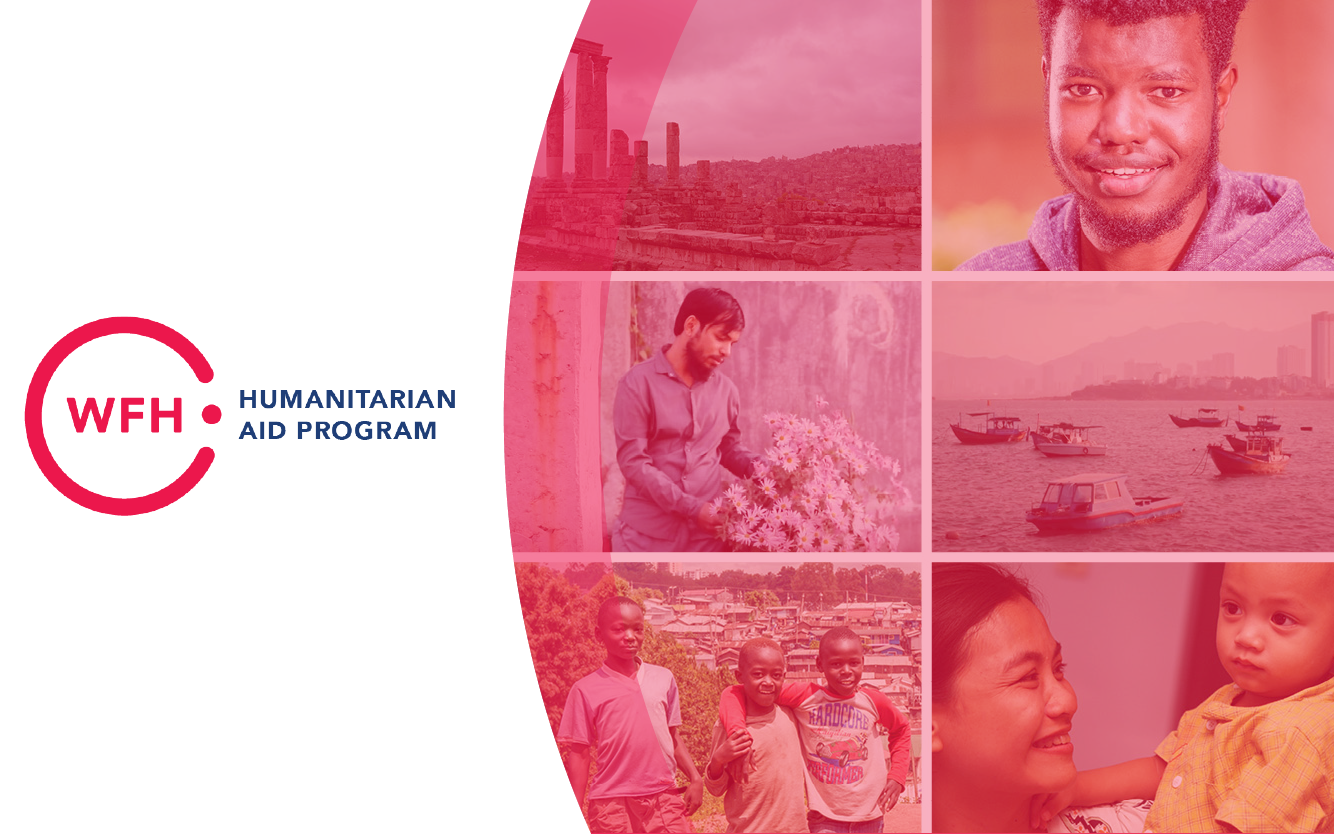Improving care in a country doesn’t happen overnight—it’s part of a multiyear effort by different teams working tirelessly towards a shared goal. In the case of Nigeria, that work began in earnest in 2005 when the Hemophilia Foundation of Nigeria (HFN) was relaunched. In the years that followed, the World Federation of Hemophilia (WFH) played an instrumental role in the evolution of care in the Nigerian bleeding disorders community. A key element of that support came in the form of the WFH Humanitarian Aid Program, which provided donated factor to people with bleeding disorders (PWDBs) in the country.
David Aremu is 19 years old, and has severe hemophilia A. His condition went undiagnosed for many years, and as a result, he suffered. He had internal bleeds, including bleeds in his legs that impacted their development. David felt alone and hopeless—until he was introduced to Megan Adediran, the Founder and Executive Director of the HFN. Thanks to many programs implemented by the WFH, the HFN has a well-developed infrastructure, including a strong relationship with the WFH Humanitarian Aid Program. As a result, David was able to access donated factor. This made it possible for him to get surgery on one of his legs to improve his mobility and allow him to go back to school. Prophylaxis—made possible by donated non-factor replacement therapy provided by the WFH Humanitarian Aid Program—helped keep him more consistently healthy, and allowed him to attend school regularly and enrol in a computer science degree in university.
Nearly 36 million IUs have been donated to Nigeria through the WFH Humanitarian Aid Program since 2015—with 8.8 million IUs sent to the country in 2020 despite challenges brought on by the COVID-19 pandemic. The Program also donated over 90 mg of non-factor replacement therapy to the country last year. To find out more about the WFH Humanitarian Program, please click here.
About the WFH Humanitarian Aid Program
The WFH Humanitarian Aid Program improves the lack of access to care and treatment by providing much-needed support for people with inherited bleeding disorders in developing countries. By providing patients with a more predictable and sustainable flow of humanitarian aid donations, the WFH Humanitarian Aid Program makes it possible for patients to receive consistent and reliable access to treatment and care. None of this would be possible without the generous support of Sanofi Genzyme and Sobi, our Founding Visionary Contributors; Bayer and Roche, our Visionary Contributors; Grifols, our Leadership Contributor; and our Contributors, CSL Behring and Takeda. To learn more about the WFH Humanitarian Aid Program, visit www.treatmentforall.org.













